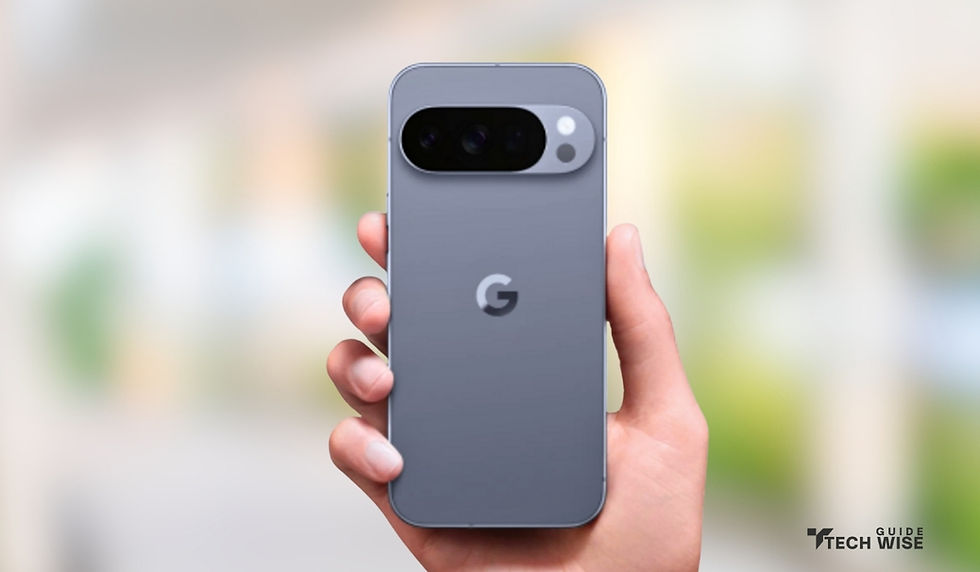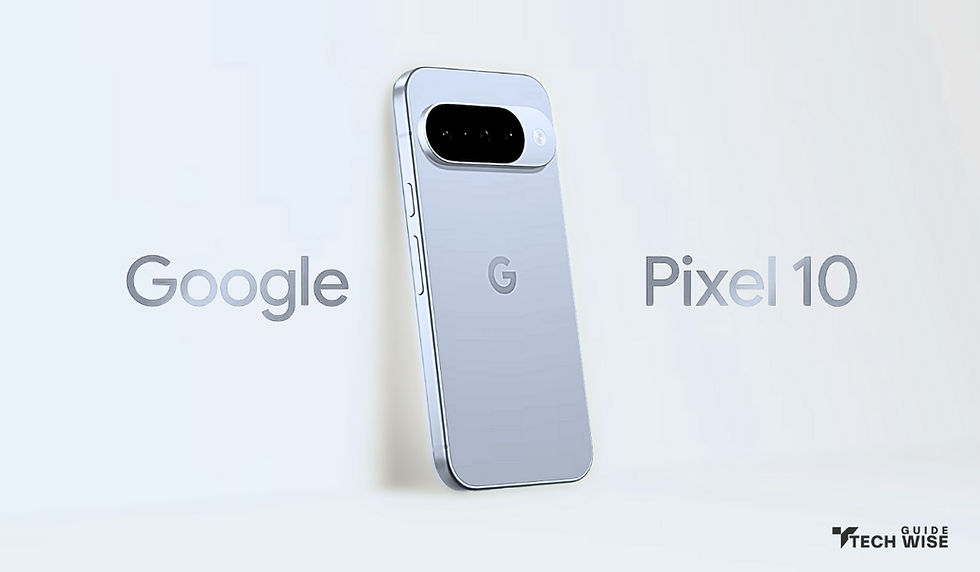How Facebook Affects Sleep & How to Fix It
- Mahtab Uddin

- Oct 14, 2025
- 4 min read
Scrolling through Facebook before bed might seem harmless just a quick peek at updates or memes. But that “quick peek” often turns into hours of endless scrolling, notifications, and late-night chats. Over time, this habit quietly sabotages the quality of sleep.
Sleep experts and psychologists have linked heavy Facebook use to insomnia, anxiety, and disrupted sleep cycles. Why? Because the blue glow from screens and the mental stimulation from social interactions keep the brain alert exactly when it should be winding down.
Why Facebook Disrupts Sleep
1. Blue Light Exposure
The screens of phones, tablets, and computers emit blue light, which interferes with the body’s melatonin production, the hormone that signals it’s time to sleep. When someone scrolls Facebook in bed, their brain is tricked into thinking it’s still daytime, delaying sleep and reducing its depth.
2. Emotional Stimulation
Facebook isn’t just a platform - it’s an emotional rollercoaster. Users jump from funny videos to heartbreaking news, then to heated comment debates. This emotional overload raises stress levels and keeps the nervous system active, making it hard to relax before sleep.
3. Fear of Missing Out (FOMO)
Seeing others post about achievements, trips, or events triggers the FOMO effect, the feeling that everyone else is living a better life. This emotional comparison increases anxiety and creates a compulsion to keep scrolling, even late into the night.
4. Notification Addiction
Each ping, like, or comment activates a dopamine hit - the brain’s reward chemical. It’s the same mechanism behind gambling and other addictive behaviors. This constant stimulation forms a habit loop, where users check Facebook even when they don’t mean to.
The Psychological Impact of Late-Night Facebook Use
When the mind is constantly exposed to social media before bed, it becomes restless. Studies show that individuals who use Facebook heavily before sleep report more frequent nightmares, lighter sleep, and longer sleep latency (the time it takes to fall asleep).
Moreover, the mental comparison triggered by Facebook posts can lower self-esteem and cause rumination and the tendency to overthink negative thoughts. This overthinking delays the transition from wakefulness to sleep.
Even more concerning, late-night scrolling often leads to “revenge bedtime procrastination.” It’s when people stay up late browsing Facebook as a way to reclaim personal time lost during the day but end up sacrificing rest instead.
The Domino Effect: How Poor Sleep Impacts Life
When Facebook interferes with sleep, it affects everything: focus, mood, memory, and productivity. Over time, chronic sleep deprivation increases risks of:
Depression and anxiety
Weakened immune system
Weight gain and hormonal imbalance
Reduced decision-making ability
Essentially, losing sleep for Facebook doesn’t just steal hours of rest it steals energy, mental clarity, and health.
How to Fix It: 6 Practical Ways to Reclaim Healthy Sleep
1. Set a Digital Curfew
Try setting a “no screens” rule at least 30 to 60 minutes before bed. Use that time to relax, stretch, read, or journal. If it’s hard to resist checking your phone, place it in another room or use apps that limit screen time at night.
2. Turn Off Notifications
Silence or disable Facebook notifications after a certain hour. This prevents late-night distractions and helps you maintain a calm bedtime routine.
3. Use Night Mode or Blue Light Filters
Most smartphones now offer “Night Shift” or “Eye Comfort” modes that reduce blue light exposure. While not a complete fix, this simple step can make nighttime scrolling less harmful.
4. Create a Relaxing Bedtime Routine
Replace scrolling with activities that promote relaxation. Try deep breathing, meditation, or light reading. Listening to calming music or white noise can also help your body prepare for sleep.
5. Reflect on Your Facebook Habits
Ask yourself why you use Facebook before bed. Is it to unwind, out of boredom, or habit? Understanding your motivation helps you find healthier ways to relax. For example, connecting with friends during the day instead of at midnight can reduce your nighttime dependency on social media.
6. Use “Do Not Disturb” Mode
Activate the “Do Not Disturb” setting on your device during sleep hours. This ensures notifications won’t interrupt your rest, allowing your mind and body to recharge fully.
Finding Balance - Use Facebook Mindfully
Facebook itself isn’t the problem, it's how and when we use it. Social media can keep us informed and connected, but balance is key. By managing your screen time and creating healthier nighttime habits, you can enjoy Facebook without sacrificing your sleep.
The goal isn’t to quit social media altogether but to use it mindfully. When you respect your sleep schedule and prioritize rest, you’ll notice more energy, focus, and overall well-being. Remember, good sleep is one of the best investments you can make in yourself.
Final Thoughts
If you’re waking up tired or restless, it might be time to look at your bedtime Facebook routine. By setting limits, turning off notifications, and building calming habits, you can regain control of your sleep and your mornings. Better sleep means better mood, better focus, and a healthier life.




Comments